In the News
-
 23 September 2019
23 September 2019Gas shortages paralyze Haiti, triggering protests against failing economy and dysfunctional politics
Vincent Joos discusses failings of Haiti’s economic model to serve its citizen’s needs that have contributed to gas shortages and political unrest throughout the country, with the Caracol Industrial Park in Cap-Haitien as an example. -
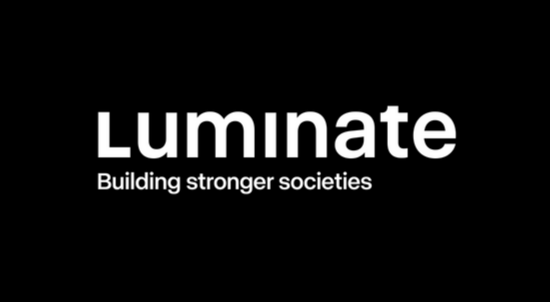 23 September 2019
23 September 2019Helping communities defend their rights
Accountability Counsel empowers communities to seek their own redress in the face of projects financed by international institutions and works to strengthen their accountability standards through direct advocacy. Luminate Group’s Andrew Clarke explains why they invested. -
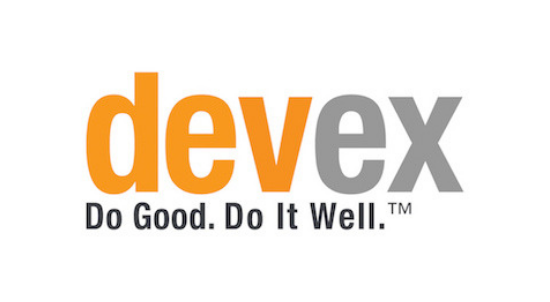 22 August 2019
22 August 2019Fears grow World Bank board could ‘compromise’ on accountability reforms
Civil society groups have urged the World Bank’s board of directors to give its inspection panel tougher powers in order to effectively hold the institution to account, as a long-delayed review looks set to end in “compromise.” After nearly two years of deliberations, insiders told Devex that the bank’s board plans to finalize a package of reforms to the panel ahead of the upcoming annual meetings in October. -
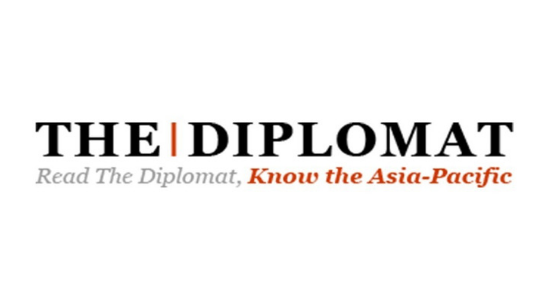 20 August 2019
20 August 2019Indigenous Communities in Myanmar Take Action Against Top-Down Conservation
The need to put indigenous peoples at the center of conservation efforts could not be clearer. Evidence is mounting that indigenous stewardship of natural resources is key to combating the climate crisis and protecting the biodiversity that sustains the planet. Meanwhile, indigenous peoples the world over are increasingly seeing access to their lands and resources restricted by top-down conservation projects that violate their rights. In southeast Myanmar’s Tanintharyi region, international organizations, financial institutions, and the government have the opportunity to reverse this harmful approach to conservation that ignores indigenous voices and rights. -
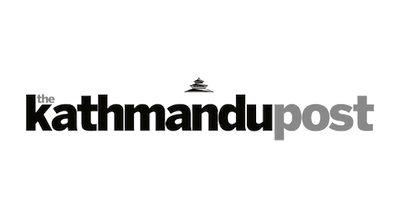 15 August 2019
15 August 2019European donor to audit power utility’s compliance with rules
The European Investment Bank has decided to investigate claims of trampling on the concerns of indigenous communities of Lamjung by the Nepal Electricity Authority while building power lines under the Euro Marsyangdi Corridor Project. -
 10 August 2019
10 August 2019Utility refuses to join resolution process proposed by Complaints Mechanism
The Nepal Electricity Authority, the implementing agency for the European Investment Bank financed Marshyangdi Corridor 220 kV transmission line project, refused to take part in a resolution process proposed by the Complaints Mechanism of the European donor to resolve the issue of indigenous people’s rights affecting the 95-million euro national priority project. -
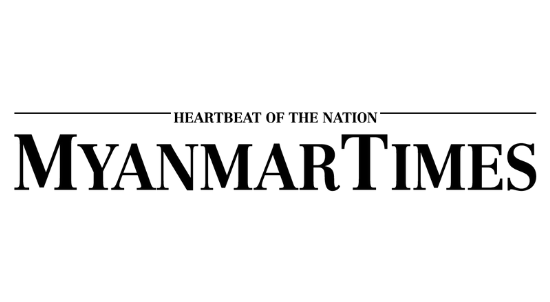 9 August 2019
9 August 2019UN Team Meets Locals to Discuss Issues with Tanintharyi Conservation Project
A United Nations Development Programme (UNDP) watchdog unit visited Myanmar in July to investigate the Tanintharyi conservation project, which could threaten the land and forest rights of people in the area. The Social and Environmental Compliance Unit (SECU) met with 150 people from indigenous Karen villages to hear their concerns. -
 17 June 2019
17 June 2019Advocates welcome IFC reforms, but with some caveats
Advocates have welcomed “significant” reforms by the International Finance Corporation to improve its record on environment and social issues as its CEO struggles to deliver on his ambitious promise to put development impact back at the heart of IFC. -
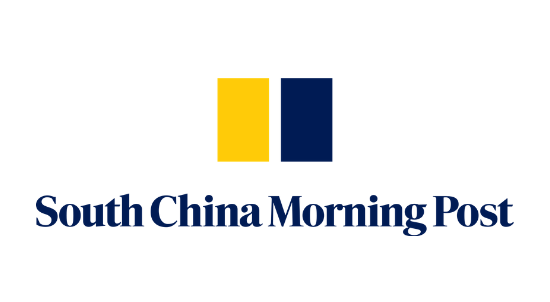 12 June 2019
12 June 2019China’s promise of responsible belt and road investments is in the hands of its bankers
All along the belt and road, from Myanmar to Peru, ignoring community feedback is costing Chinese investors dearly. China’s banks and financial institutions need to quickly adopt an accountability framework for Chinese investments abroad. -
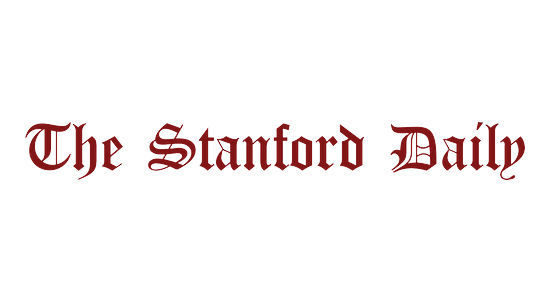 31 May 2019
31 May 2019Lawyers, Stanford professors discuss Supreme Court ruling on environmental law and human rights
Stanford professors and representatives from EarthRights International and Accountability Counsel, both human rights-focused legal nonprofits, gave a panel discussion Tuesday on the Feb. 27 Supreme Court decision in Jam v. International Finance Corporation, which could strengthen individuals’ ability to hold international organizations accountable through legal mechanisms in the future. -
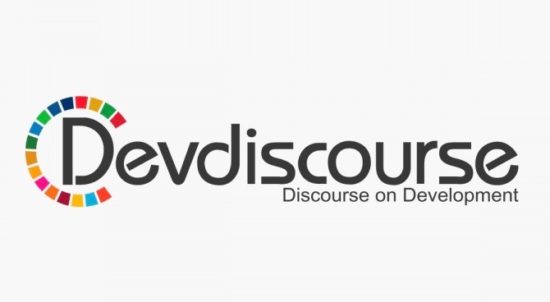 20 May 2019
20 May 2019ADB to develop Accountability Mechanism Framework to manage social risks
The Office of the Compliance Review Panel (CRP) of the Asian Development Bank’s (ADB) Accountability Mechanism is helping to develop an Accountability Mechanism Framework for financial intermediaries to manage environmental and social risks, as well as safeguards compliance and accountability. -
 7 May 2019
7 May 2019Communities Call for the Construction of the 220 kV Marsyangdi Corridor to Be Paused
The European Investment Bank (EIB) is funding the construction of a 220 kV high voltage transmission line called the Marsyangdi Corridor as part of the €95 million Nepal Power System Expansion Project. The Marsyangdi Corridor transmission line is slated to pass over the homes, lands, forests, and community spaces of various indigenous and non-indigenous communities in the Lamjung District of Nepal. -
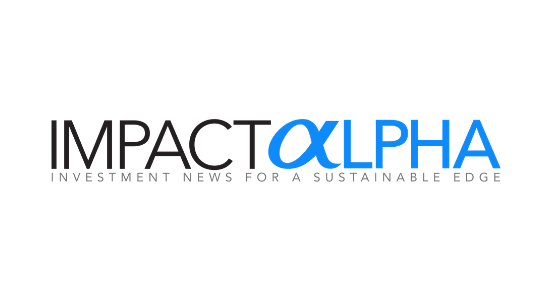 22 April 2019
22 April 2019Developing community feedback tools to help investors manage positive – and negative – impact
Even with careful planning, impact investments can cause unanticipated harm to people and places and undermine impact goals. Recent examples include large-scale renewables projects and for-profit schools. Even a small number of impact investments that are seen to harm rather than help communities jeopardize the field, Accountability Counsel’s Kindra Mohr writes in a guest post on ImpactAlpha. -
 12 April 2019
12 April 2019Financiers sign up to IFC’s ‘common market standard’ for impact investing
Sixty investors, who collectively manage more than $350 billion in assets, signed on to the IFC’s new impact investing principles, which are intended to bring greater transparency, credibility, and discipline to the impact investing market. In a joint submission Accountability Counsel authored, civil society groups that focus on strengthening accountability within international financial institutions said they welcomed the principles, but called for a stronger emphasis on accountability. -
 12 April 2019
12 April 2019How IFC is dealing with pressure to boost accountability
CSOs and the CAO respond to IFC CEO Philippe Le Houérou’s statement calling for a stronger approach to accountability. Accountability Counsel’s Policy Director Kindra Mohr is quoted about the need for the IFC to respond to long-standing issues of non-compliance and harm from existing CAO cases to make the IFC’s commitment matter in practice. -
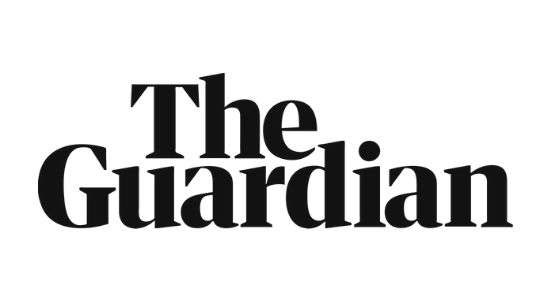 8 April 2019
8 April 2019‘An example to all’: the Mongolian herders who took on a corporate behemoth – and won
Displaced from their land by multinational mining companies, nomadic herders defied the odds to preserve their heritage for future generations. Additional framing can be found on our Communities case page. -
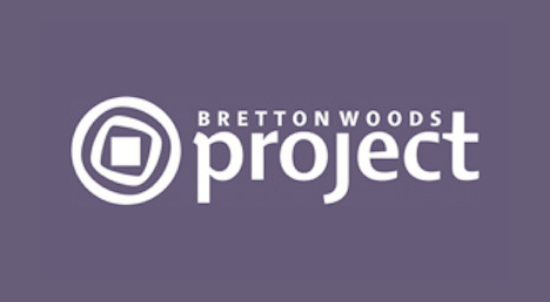 4 April 2019
4 April 2019US Supreme Court rules against World Bank’s claim of absolute immunity
In late February, the US Supreme Court ruled against the claim by the International Finance Corporation (IFC), the World Bank’s private sector arm, to absolute immunity from suit in the US. The case was brought by a community of Indian fisherfolk, represented by EarthRights International and the Stanford Law School Supreme Court Litigation Clinic, which sued the IFC for harm caused by the $450 million IFC-financed Tata Mundra coal-fired power plant in Gujarat, India. -
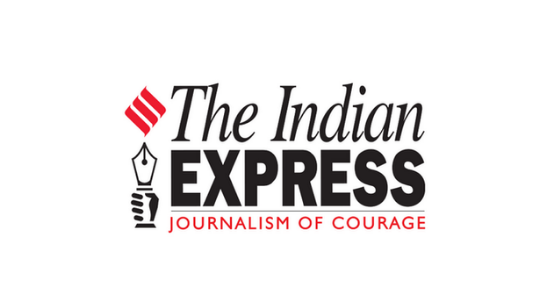 4 April 2019
4 April 2019Nod for probe into World Bank-funded project in Jharkhand
The World Bank’s Board of Executive Directors has approved an independent investigation into World Bank-funded water supply project in two villages of Jharkhand. The development comes on the back of allegations that the district authorities “failed” to consult members of local Adivasi communities before implementing the project, “sidestepped” valid Gram… -
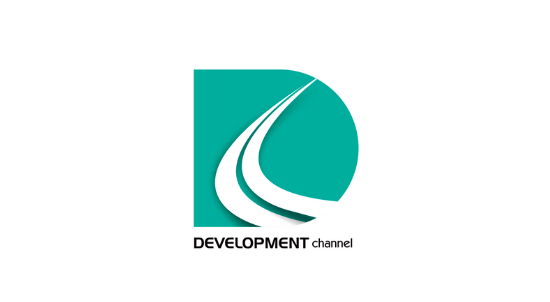 4 April 2019
4 April 2019No consent of communities? World Bank to investigate water supply project in Jharkhand
The World Bank has ordered an independent investigation into World Bank-funded water supply project in two villages of Jharkhand, following complaints from the local indigenous people that the authorities “failed” to consult them and the project, which impacts their cultural resources and land was imposed on them using force. The… -
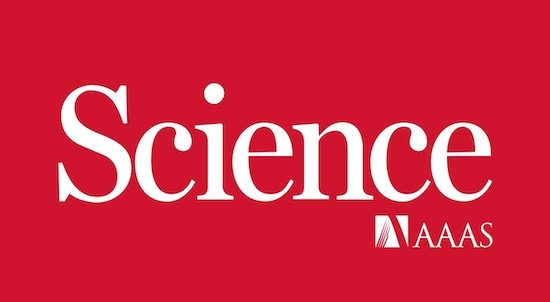 29 March 2019
29 March 2019AAAS connects human rights groups with science experts
When a group of uprooted Haitian farmers and the human rights workers advising them sought to understand the environmental impact of an industrial park, they turned to the American Association for the Advancement of Science to enlist the expertise of a water specialist through its On-call Scientists program.

